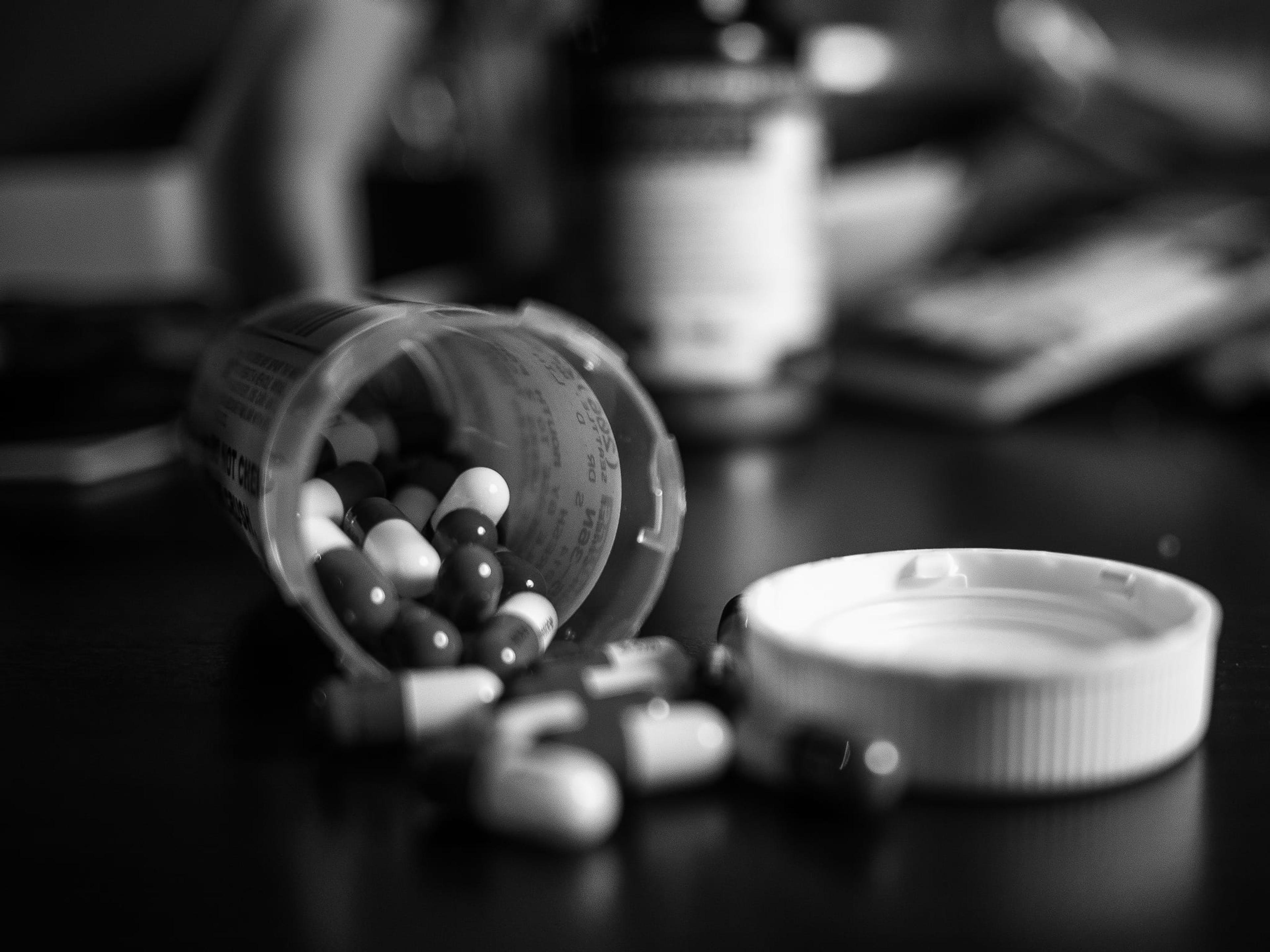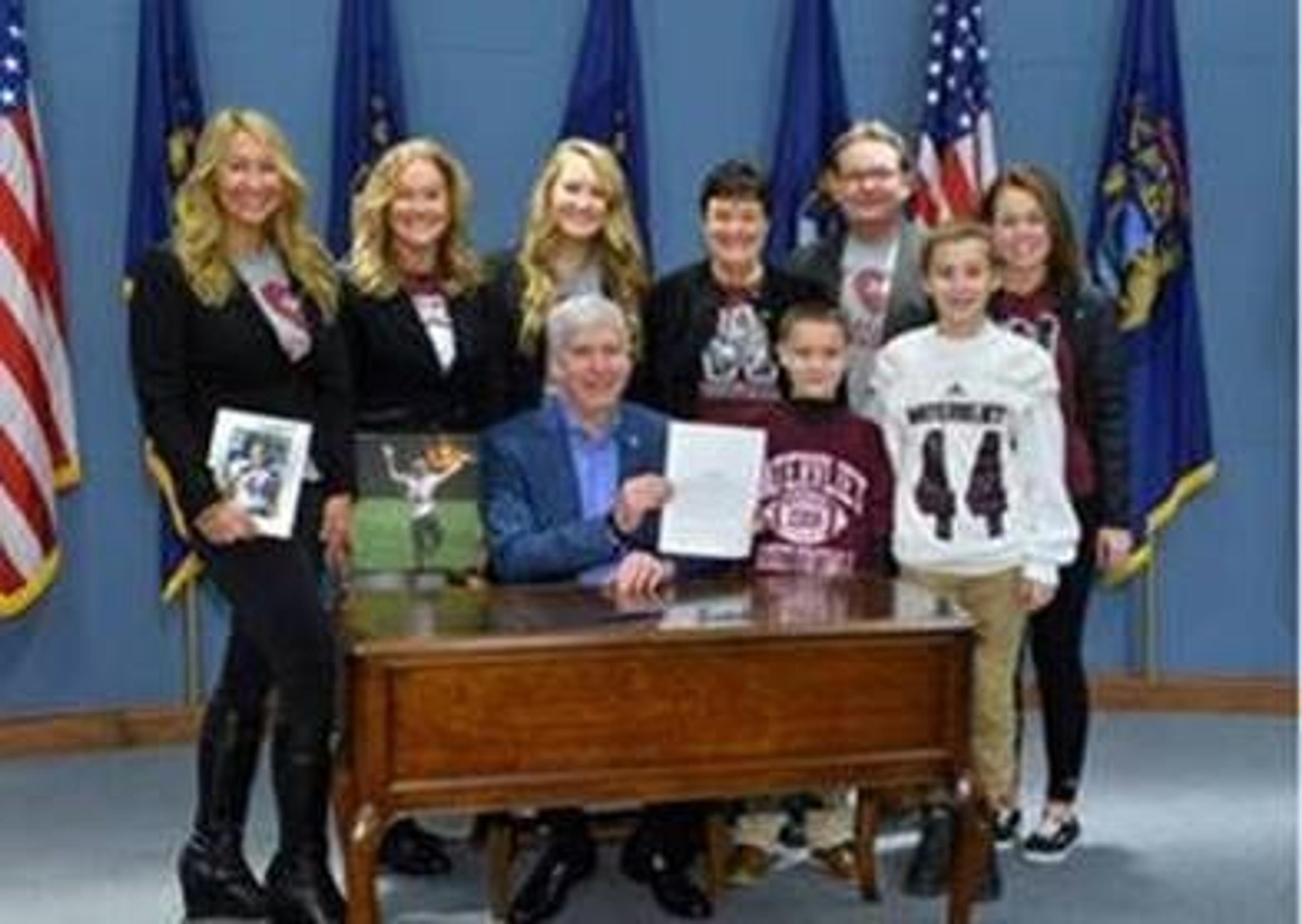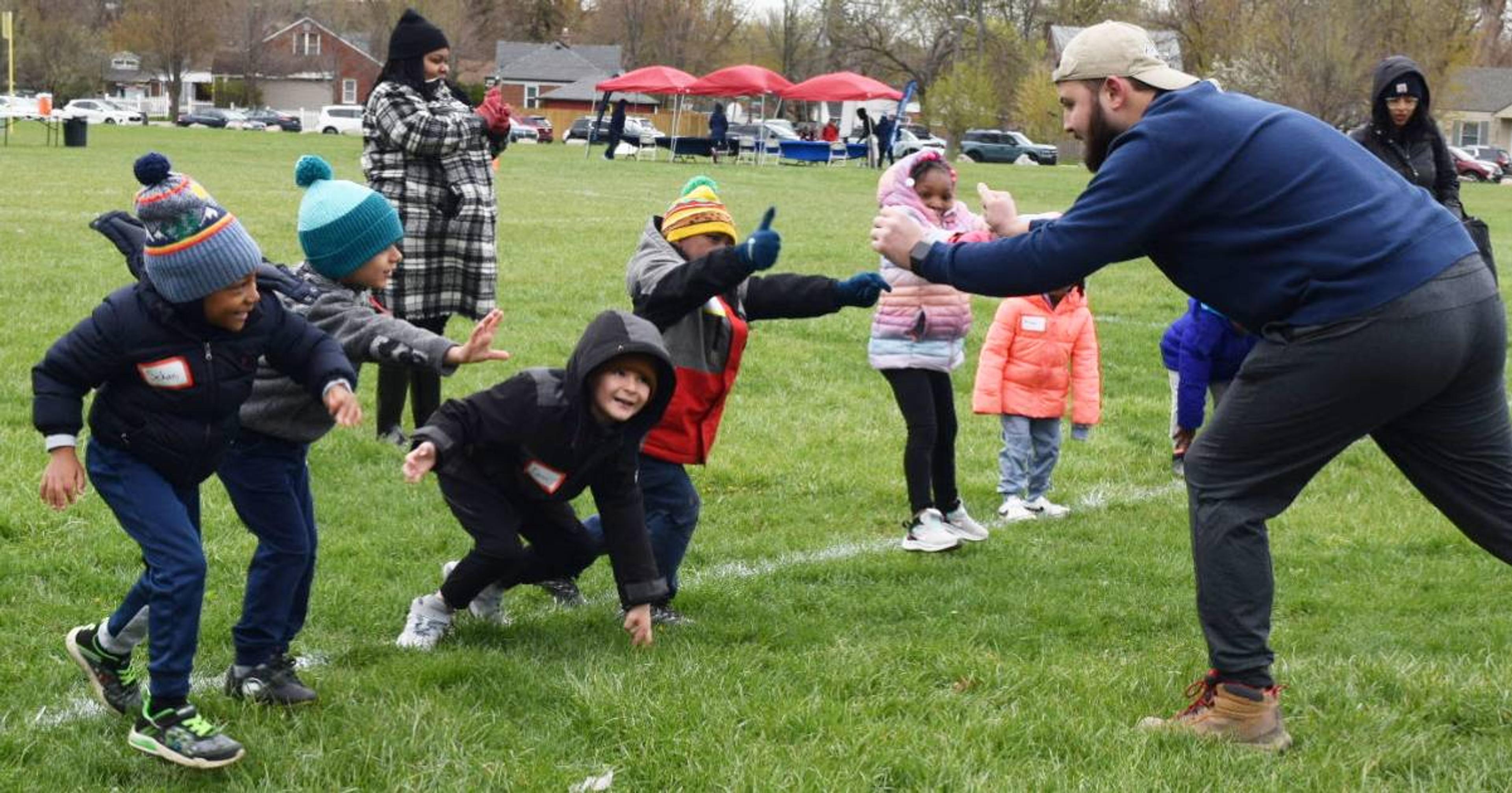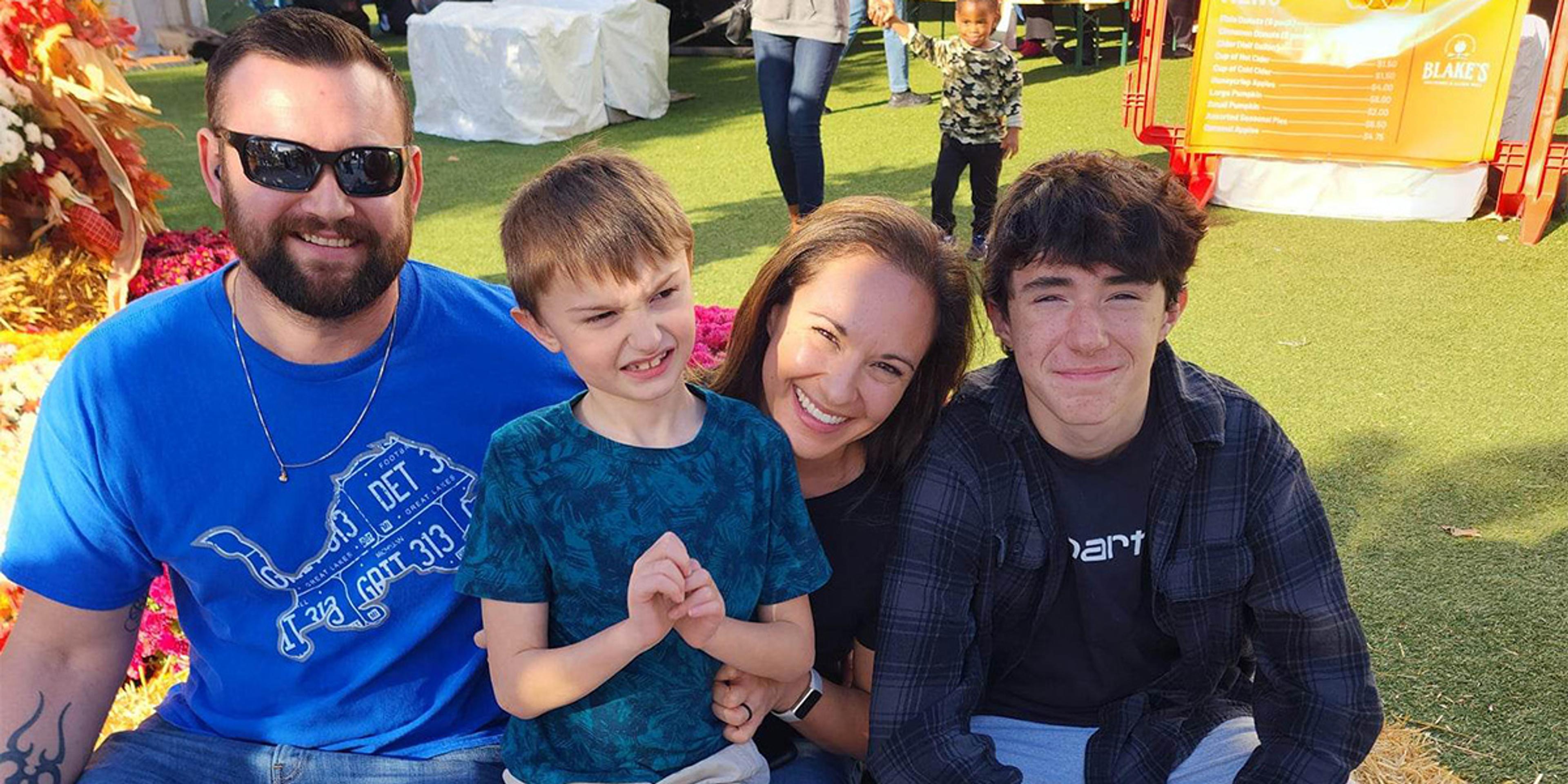The Dangerous Prescription Drug Trend You Need to Talk to Your Kids About
Julie Bitely
| 4 min read

On Dec. 31, 2014, Mason Mizwicki was a fun-loving 16-year-old headed to a New Year’s Eve party. That New Year’s Day, his family was grieving his death and planning a funeral.
Mason Mizwicki The linebacker and academic standout from Watervliet High School had taken three methadone pills at the party. When friends noticed him struggling, they encouraged him to sleep it off, but he’d never wake up again. An accidental drug overdose took his life at 9 a.m. that morning. “No family and community ever should bear the pain of burying one of their own at such a young age,” said Brandi Huyser, Mizwicki’s aunt. The methadone Mizwicki consumed was given to him by one of his friend’s moms, who was later convicted for her actions, but the dangers of prescription drugs at parties is something parents need to be aware of and talk to their kids about. While some kids bring or take pills as their recreational substance of choice, some parties are centered around the use of prescription drugs. Sometimes referred to as a “Skittles party” or “pharm party”, the idea is that teens or young adults bring random prescription pills, put them in a pile and take turns choosing some to take. The dangers of taking prescription drugs not intended for them leave kids vulnerable to dangerous medical interactions that can happen by combining different drugs or mixing drugs with alcohol. Because kids might not feel anything right away, they might consume more than their bodies can handle, resulting in overdose.
Mason Mizwicki laughing with teammates. According to the National Institute on Drug Abuse, prescription drugs are the most commonly misused substances by Americans age 14 and older after marijuana and alcohol. And the CDC reports that in 2017, 14 percent of high school students used prescription pain medication without a prescription or other than indicated by their doctor. Where do they get them? Most often from the medicine cabinets of their families, friends and acquaintances. Huyser said she’s heard of young people attending open houses of strangers to raid their medicine cabinets and purchasing drugs online. “They have the ability to get these types of drugs anywhere,” she said. Being smart about prescription drug storage and disposal is important in the fight against prescription drug misuse by young people, Huyser said. “We have to fight back,” she explained. “We have to educate parents to get rid of their drugs after they have a medical procedure.” “Physicians need to be aware of the risk of prescription misuse and be cautious when prescribing medications to kids,” said Dr. Kristyn Gregory, D.O., a medical director at Blue Care Network and practicing psychiatrist. “Parents should talk to kids about the dangers of prescription drug misuse and take measures to keep control of medications in the house, lock it up, count pills, and distribute only as necessary and prescribed.”

The Mizwicki and Huyser families with Michigan Governor Rick Snyder after expansions to the state's Good Samaritan Law were enacted. The Huyser and Mizwicki families successfully lobbied for expansions to the state’s Good Samaritan law, which makes “saving lives the priority during a drug overdose, not criminal prosecutions of illegal drug users.” This means kids, or people of any age, don’t need to fear prosecution for calling for help in the case of an accidental drug overdose. They also share Mizwicki’s story through an online community called Forever Mace 44 and by visiting local schools, colleges and community organizations to share the dangers of misusing prescription drugs. It’s a way of honoring and remembering Mason and turning tragedy into action. The last paper he wrote focused on the power of human compassion and why it’s important to do everything in one’s power to help others, to live the life of a good Samaritan. “It’s not about how Mason died, but how he lived,” Huyser said. “We believe more in the future of these kids than their mistakes.” If you have unused prescriptions in your medicine cabinet, dispose of them during the next National Prescription Drug Take Back Day, which falls on Saturday, Oct. 27. If you found this post helpful, you might want to check these out:
- Increasing Medication Assisted Treatment Rates for Opioid Addiction
- CEO Dan Loepp: How Blues Plans Are Working to Improve Addiction Treatment
- Lansing Dentist Working to Reduce Opioid Misuse
Main image photo credit: Ajay Suresh





